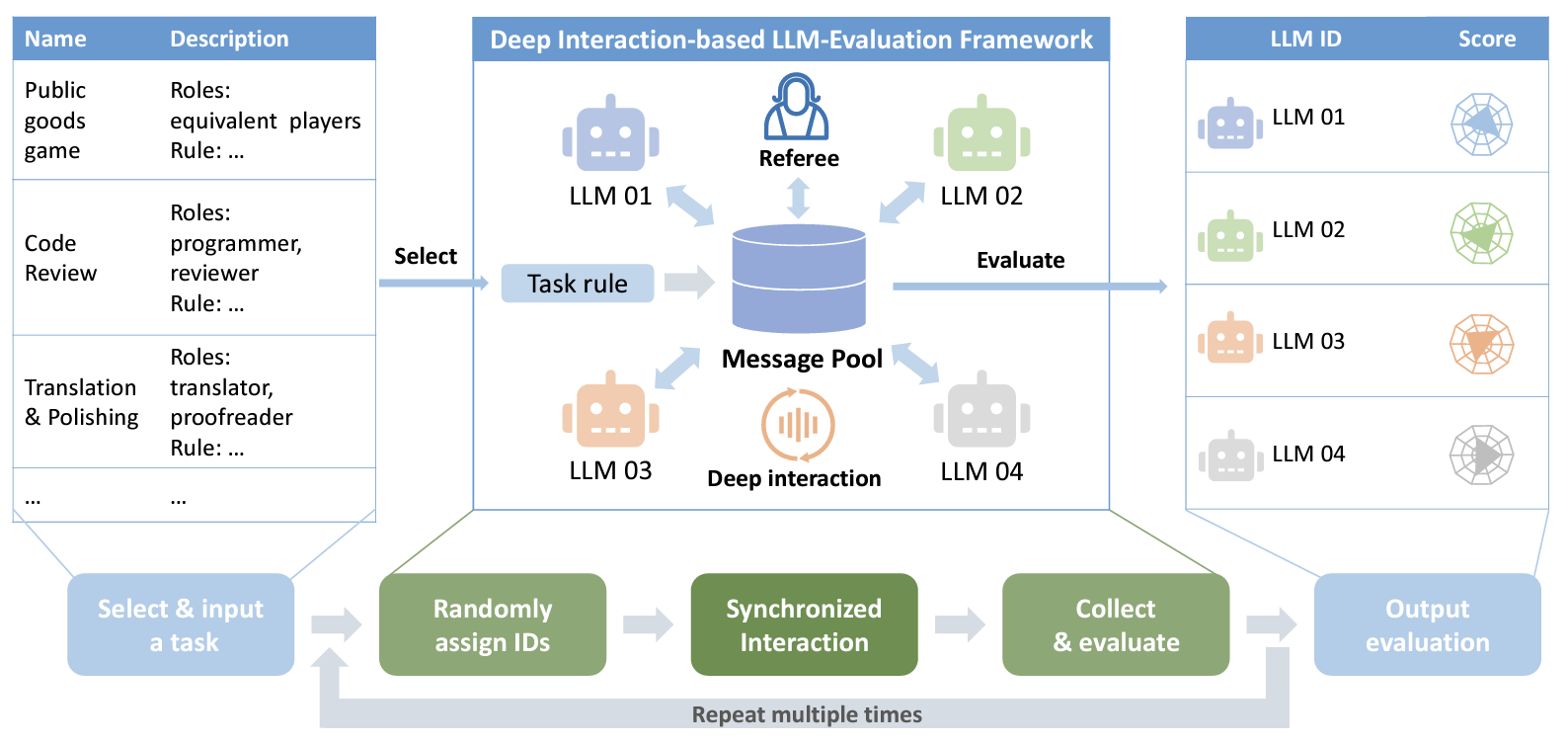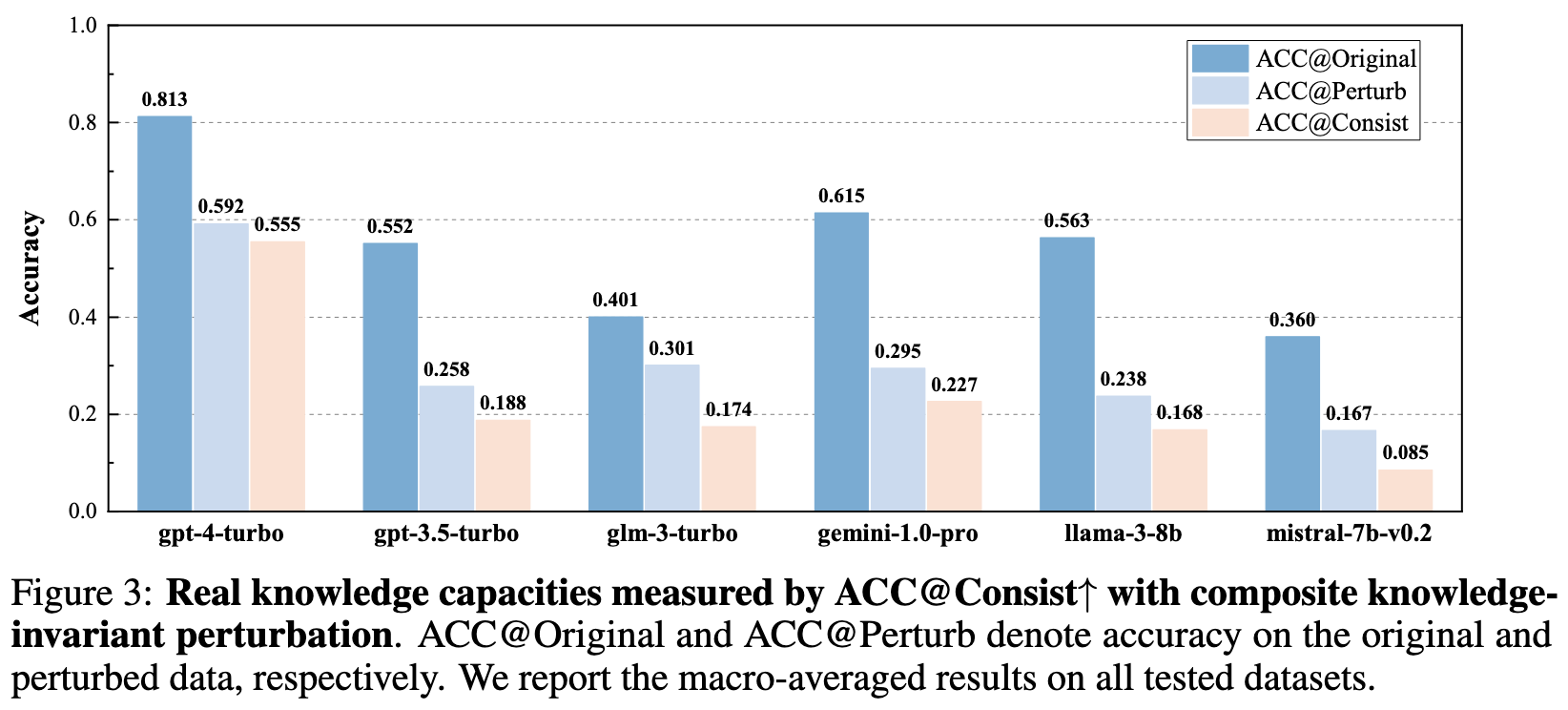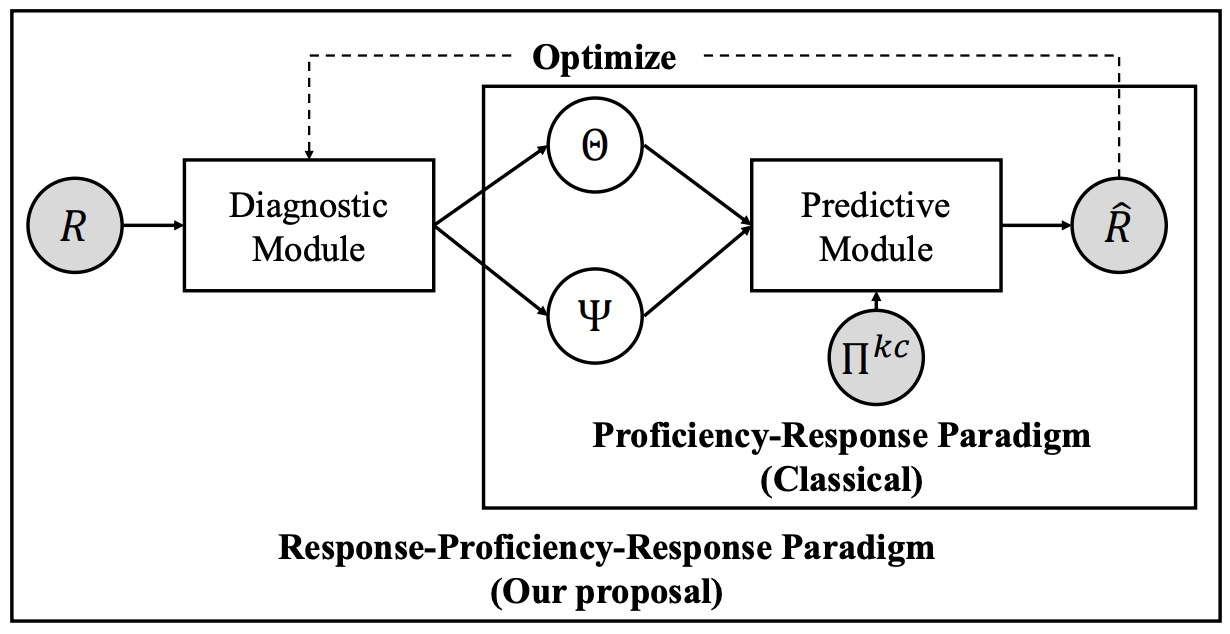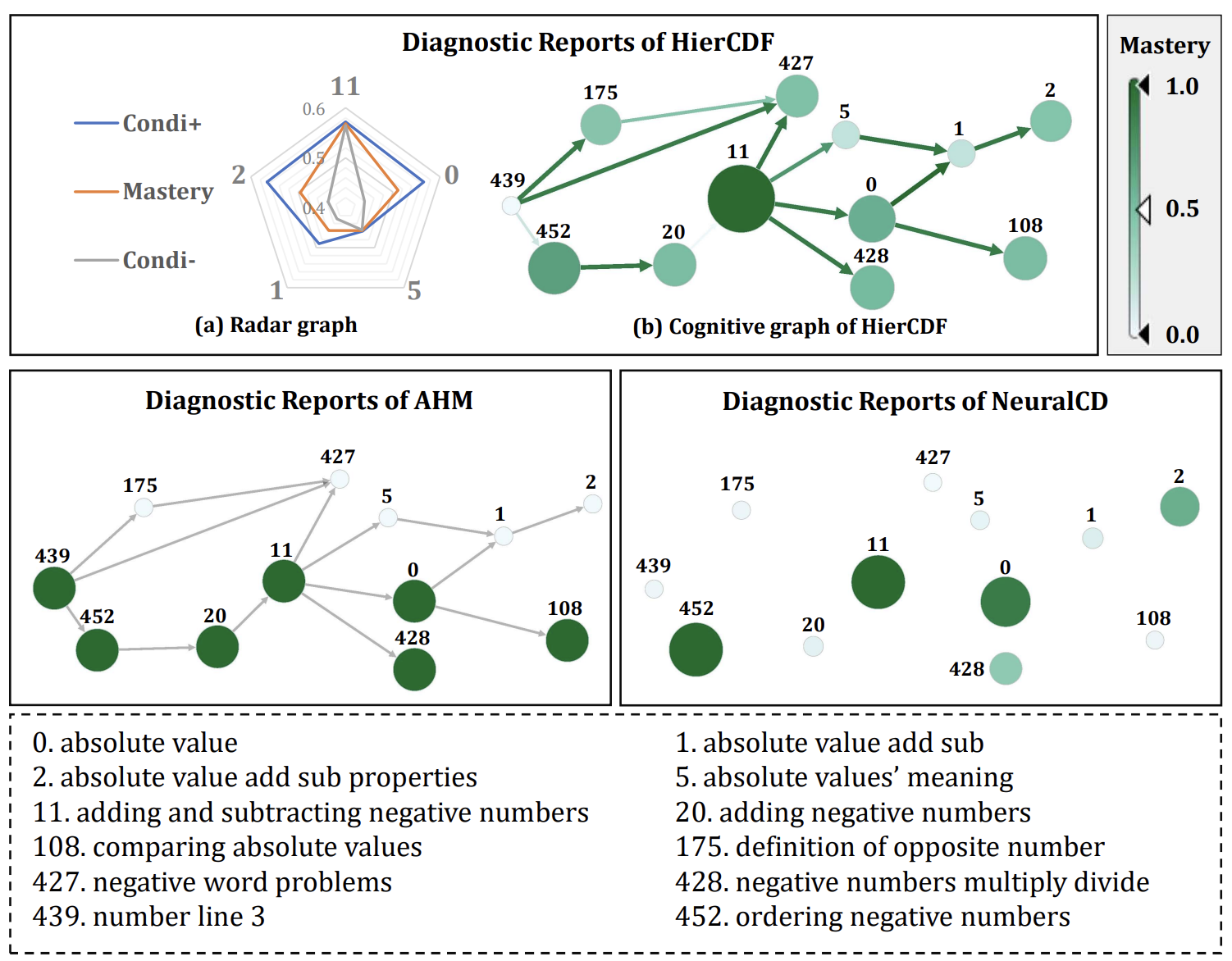AdaRD: An Adaptive Response Denoising Framework for Robust Learner Modeling
Fangzhou Yao, Qi Liu, Linan Yue, and 4 more authors
In Proceedings of the 30th ACM SIGKDD Conference on Knowledge Discovery and Data Mining, Barcelona, Spain, 2024
Learner modeling is a crucial task in online learning environments, where Cognitive Diagnosis Models (CDMs) are employed to assess learners’ knowledge mastery levels based on recorded response logs. However, the prevalence of noise in recorded response data poses significant challenges, including various behaviors such as guess and slip, casual answers, and system-induced errors. The existence of noise degrades the accuracy of diagnosis results and learner performance predictions. In this work, we propose a general framework, Adaptive Response Denoising (AdaRD), designed to salvage CDMs from the influence of noisy learner-exercise responses. AdaRD extends existing CDMs, incorporating primary training for denoised CDMs and auxiliary training for additional denoising support. The primary training employs binary Generalized Cross Entropy (GCE) loss to slow down the large update of learner knowledge states caused by noisy responses. Simultaneously, we utilize the variance of diagnosed knowledge mastery levels between primary and auxiliary diagnosis modules as a criterion to downweight high-variance responses that are likely to be noisy. In this manner, the proposed framework can prune noisy response learning during training, thereby enhancing the accuracy and robustness of CDMs. Extensive experiments on both real-world and synthetic datasets validate AdaRD’s effectiveness in mitigating the impact of noisy learner-exercise responses.
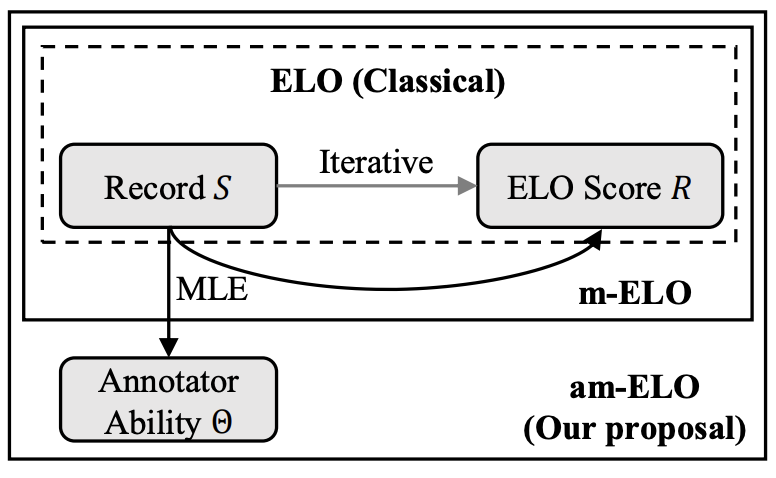 am-ELO: A Stable Framework for Arena-based LLM EvaluationIn Forty-second International Conference on Machine Learning, 2025
am-ELO: A Stable Framework for Arena-based LLM EvaluationIn Forty-second International Conference on Machine Learning, 2025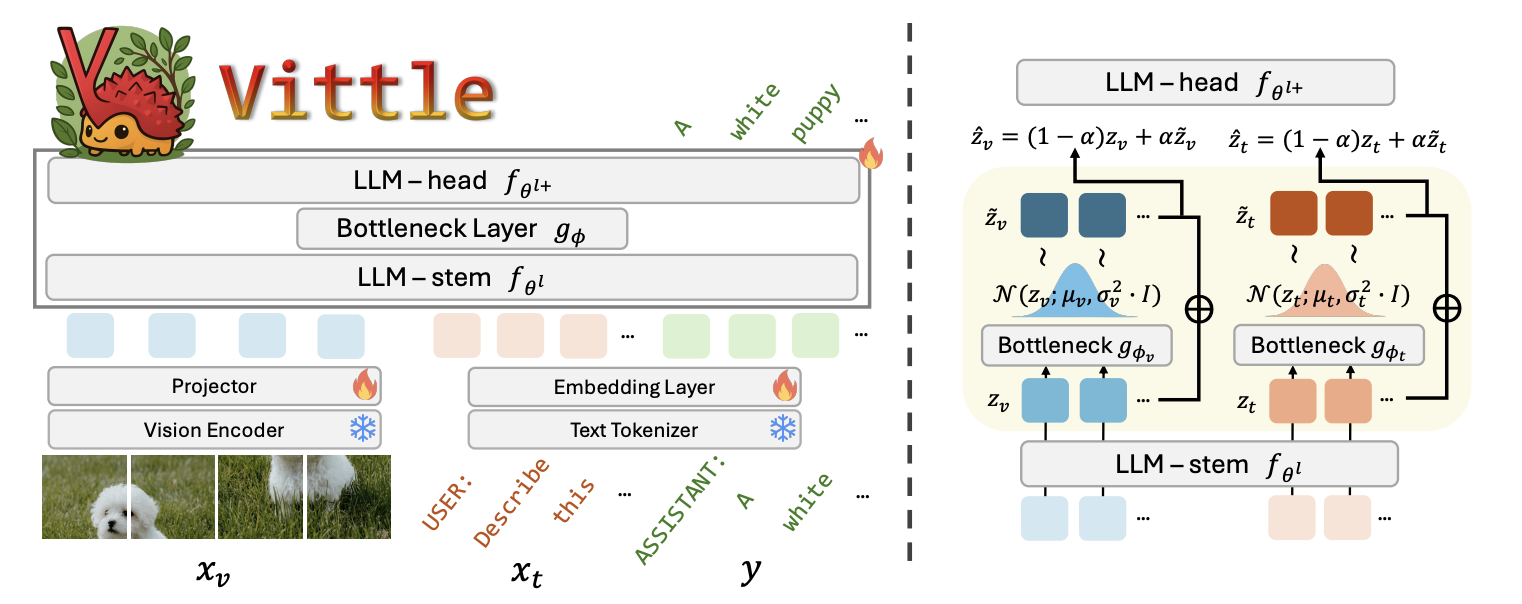

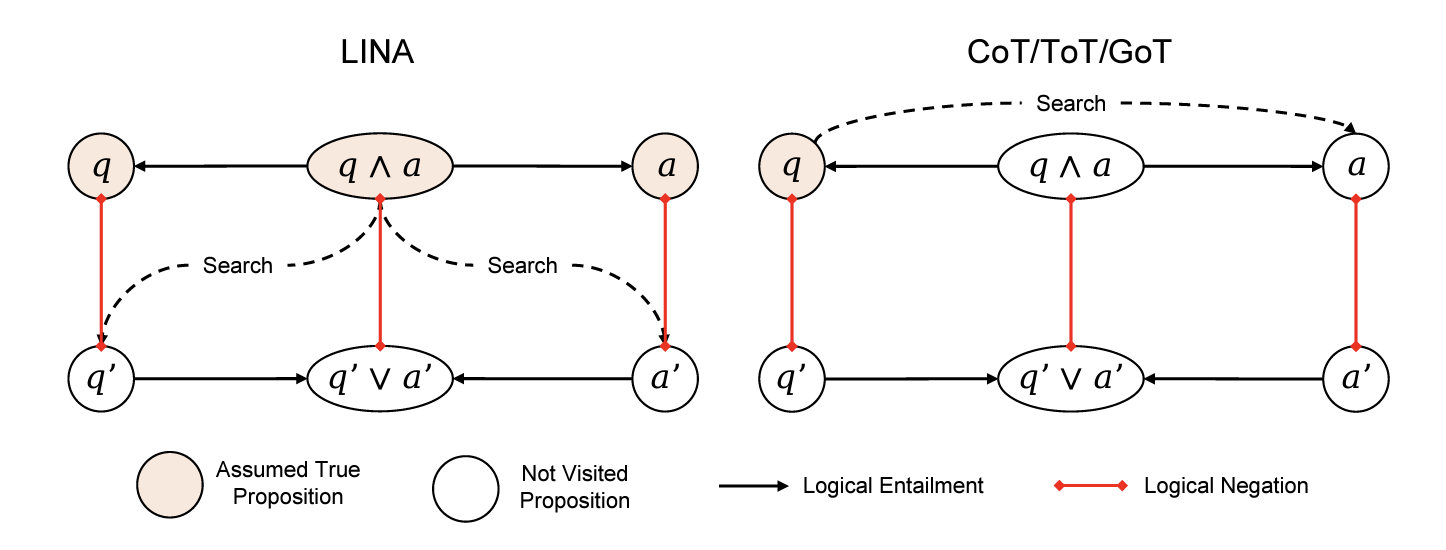 Leveraging LLMs for Hypothetical Deduction in Logical Inference: A Neuro-Symbolic Approach2024
Leveraging LLMs for Hypothetical Deduction in Logical Inference: A Neuro-Symbolic Approach2024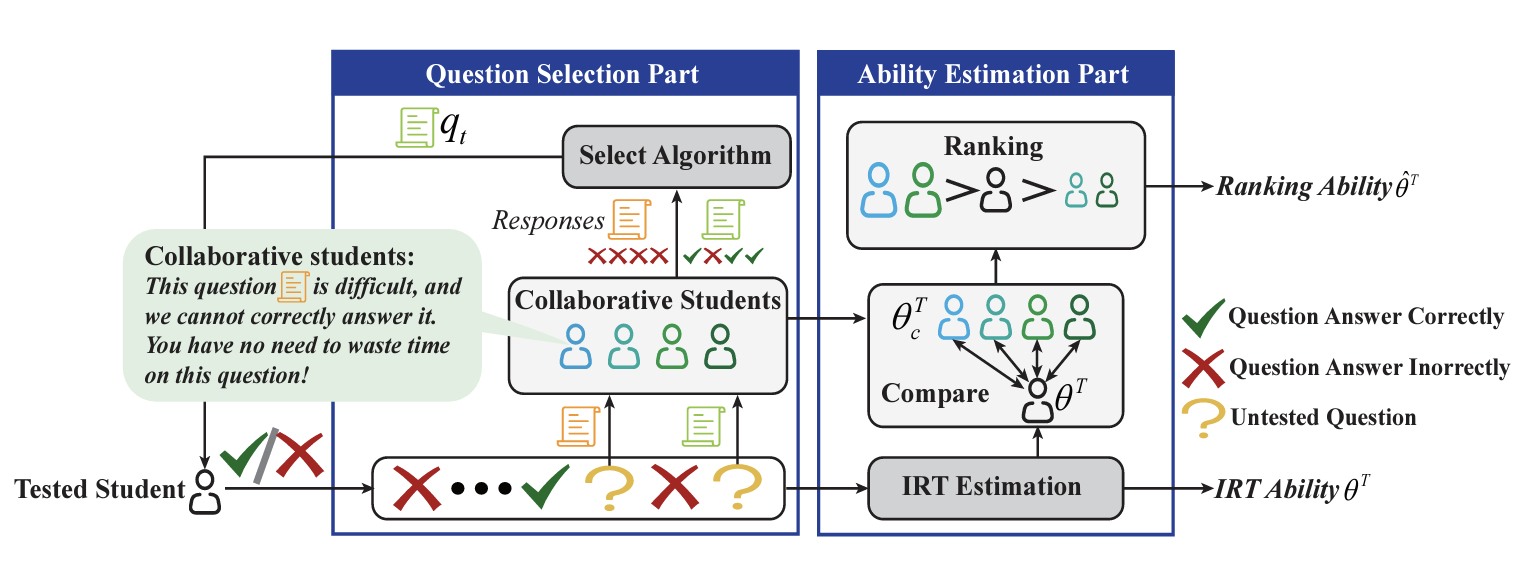 Computerized Adaptive Testing via Collaborative RankingIn Advances in Neural Information Processing Systems, 2024
Computerized Adaptive Testing via Collaborative RankingIn Advances in Neural Information Processing Systems, 2024